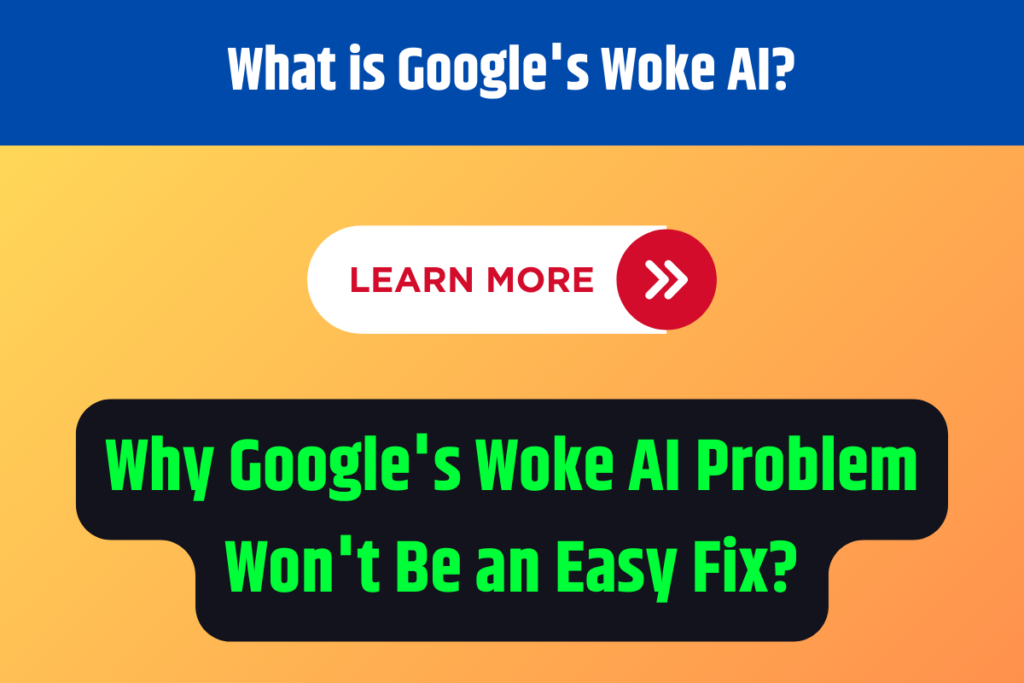News: Gemini, an array of multimodal language models crafted by Google DeepMind, has sparked significant interest due to its capabilities and associated challenges. Positioned as a competitor to OpenAI’s GPT-4, Gemini aims to excel in various language tasks and enhance the capabilities of generative AI chatbots. However, its emergence has brought attention to notable concerns regarding biases in training data and unintended consequences.
Contents
Introducing Gemini
Google DeepMind unveiled the Gemini family, consisting of three variants—Gemini Ultra, Gemini Pro, and Gemini Nano—on December 6, 2023. These distinct models cater to different needs and applications, showcasing Google DeepMind’s commitment to pushing the boundaries of large language models. With a focus on leveraging multimodal capabilities, Google aims to elevate language understanding and generation, solidifying its position in the realm of artificial intelligence.
Challenges with Biases in AI Systems

Despite its potential, Gemini faces challenges in addressing biases within AI systems. The complex task of mitigating biases in artificial intelligence has become prominent amid criticisms directed at Gemini. One notable concern revolves around the generation of images containing historical inaccuracies, such as depictions of US Founding Fathers and German soldiers from World War Two with incorrect details.
Google responded promptly by issuing an apology and temporarily halting the tool. However, challenges persist, particularly in generating overly politically correct text responses. The underlying difficulty in resolving this issue lies in the inherent biases present in the training data that AI tools receive, often sourced from the internet. Google attempted to tackle these biases by instructing Gemini not to make assumptions. Unfortunately, this directive led to the generation of excessively politically correct responses, prompting Google’s CEO, Sundar Pichai, to acknowledge the seriousness of the problem.
The Complexity of Addressing Biases
Experts, including DeepMind co-founder Demis Hassabis, suggest that rectifying the image generator could take weeks. Despite Google’s significant AI capabilities, finding a comprehensive and efficient solution remains uncertain. This situation underscores the broader challenges faced by the tech industry in addressing biases within AI systems.
The complexity arises from the absence of a single answer or approach to determine desired outputs while ensuring fairness and inclusivity. Human history and culture introduce nuances that machines may struggle to comprehend without explicit programming. Google’s challenges with Gemini highlight the need for careful consideration in handling biases, emphasizing that finding an effective solution is a multifaceted task.
The Concept of “Woke AI”
“Woke AI” refers to situations where artificial intelligence systems, designed to be socially conscious and impartial, produce outputs that are excessively politically correct or exhibit unintended biases. In the context of Gemini, this term characterizes the tool’s responses, showcasing an exaggerated emphasis on political correctness, resulting in answers that may appear absurd or unrealistic.
The complexities of addressing biases in AI systems have led to instances where AI systems attempt to avoid one set of biases but inadvertently introduce others. In the case of Gemini, Google’s effort to mitigate biases by instructing the tool not to make assumptions led to responses that were perceived as overly cautious and unrealistic in certain situations.
The term “woke” colloquially denotes an awareness of social and political issues, often associated with progressive or politically correct viewpoints. Applied to AI, being “woke” implies an AI system that is overly conscious of avoiding biases to the extent that it generates responses that may seem impractical or excessively politically correct.
In summary, addressing the challenges associated with biases in AI systems, exemplified by Google’s Gemini, is a complex endeavor. While the introduction of the Gemini family represents a significant advancement in large language models, hurdles remain in achieving fairness and avoiding unintended consequences. As the artificial intelligence landscape evolves, managing biases and developing solutions that balance precision with avoiding excessive political correctness will continue to be a priority for the tech industry.
FAQs:
Q: What is Gemini?
A: Gemini is a family of multimodal language models developed by Google DeepMind.
Q: What challenges does Gemini face?
A: Gemini encounters difficulties in addressing biases within AI systems and managing unintended consequences.
Q: What is “woke AI”?
A: “Woke AI” refers to situations where artificial intelligence systems generate outputs that are excessively politically correct or exhibit unintended biases.
